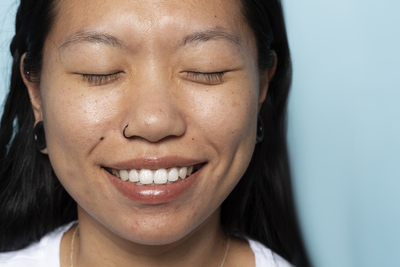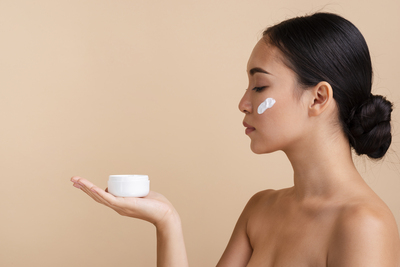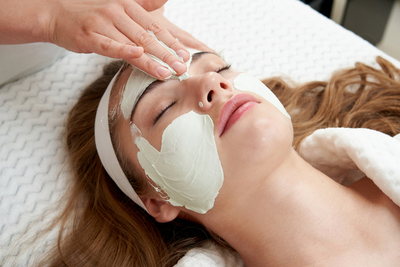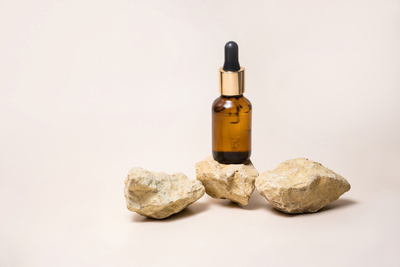Is Dimethicone Ruining Your Skin or Saving It? The Truth Dermatologists Won’t Tell You
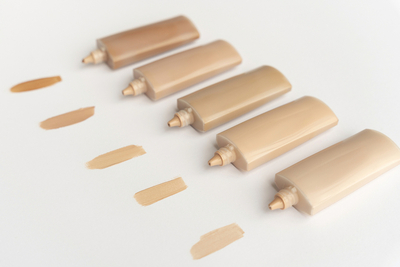
What Is Dimethicone?
Dimethicone is a type of silicone-based polymer widely used in skincare and cosmetics. It forms a protective barrier on the skin, locking in moisture and creating a smooth, silky finish.
It’s commonly found in:
- Primers
- Moisturizers
- Foundations
- Serums
- BB/CC creams
According to the Cosmetic Ingredient Review Expert Panel, dimethicone is considered non-comedogenic, hypoallergenic, and safe for use in personal care products—even around the eyes and lips. It forms a breathable, protective film that helps prevent water loss without suffocating the skin.
Benefits of Dimethicone in Skincare
- Creates a Smooth, Velvet-Like Finish
- Seals in Moisture
- Reduces Irritation
- Non-Greasy Feel
- Enhances Product Spreadability
A study published in PMC confirms dimethicone’s role in maintaining skin barrier function and reducing symptoms of dry, itchy, or compromised skin.
But... Is Dimethicone Actually Bad for You?
🔥 Myth: Dimethicone suffocates the skin – False. It forms a semi-occlusive, breathable film.
⚠️ Myth: It causes breakouts – False. Dimethicone is non-comedogenic, but improper product layering or poor cleansing can trap other comedogens underneath.
🧪 Concerns about microbiome interference and long-term barrier disruption exist, but there is no definitive clinical evidence to support them.
When to Avoid Dimethicone
Avoid or limit dimethicone if:
- You live in a hot/humid climate and use multiple occlusives
- You have extremely reactive or allergy-prone skin
- You notice breakouts from silicone-heavy routines
How to Use Dimethicone Safely in Your Routine
- Apply after water-based serums to lock in hydration
- Always double cleanse if using in makeup or long-wear primers
- Avoid layering with other occlusives unless your skin is very dry
- Opt for non-comedogenic and fragrance-free formulas
How SkinBuddy Helps You Avoid Dimethicone (and All Silicones)
Want to avoid dimethicone and other silicones? SkinBuddy makes it easy.
- In your Skin Profile, choose “Avoid Silicones.”
- When scanning a product, SkinBuddy highlights all silicone-based ingredients, including dimethicone.
- In the “Discover Ideal Match” feature, we automatically suggest silicone-free products if you have chosen to avoid them in your skin profile.
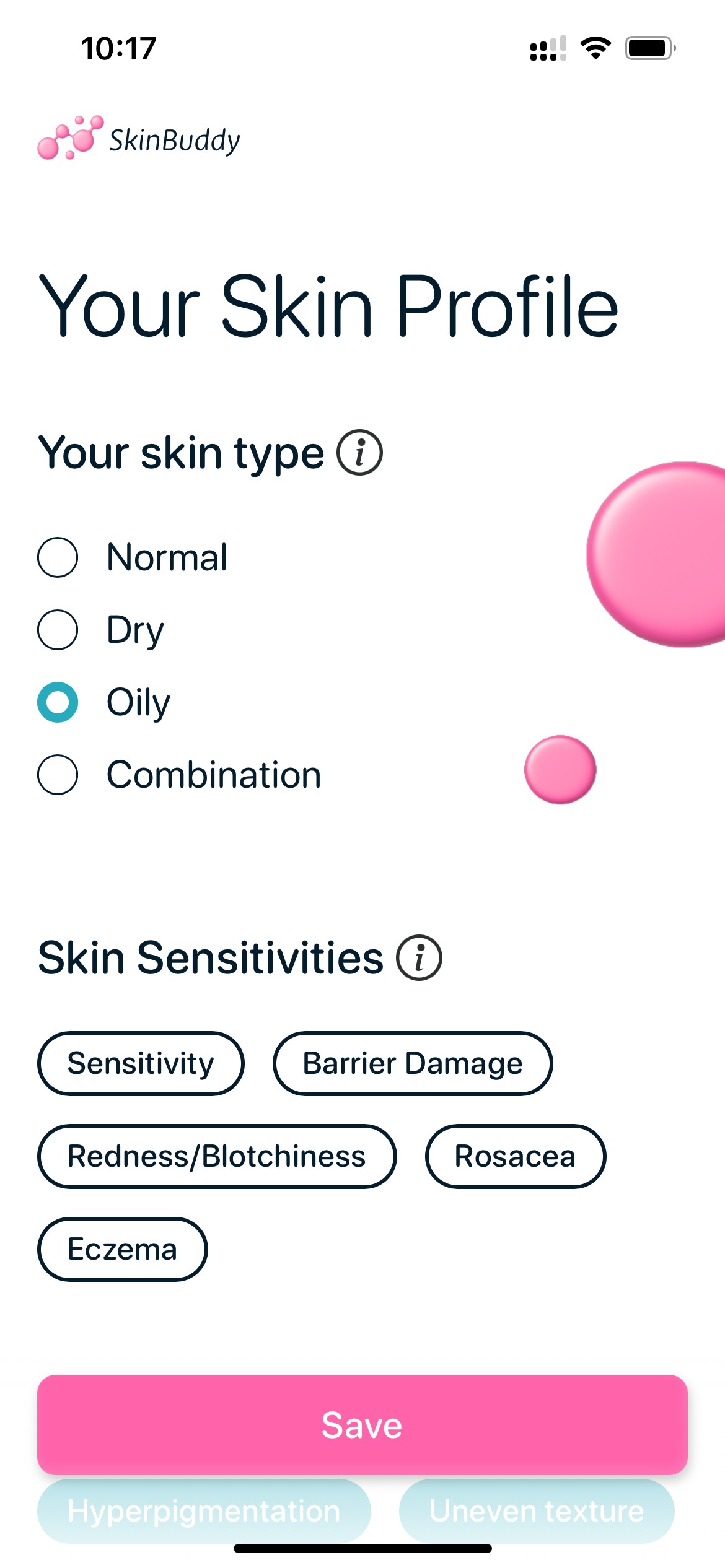
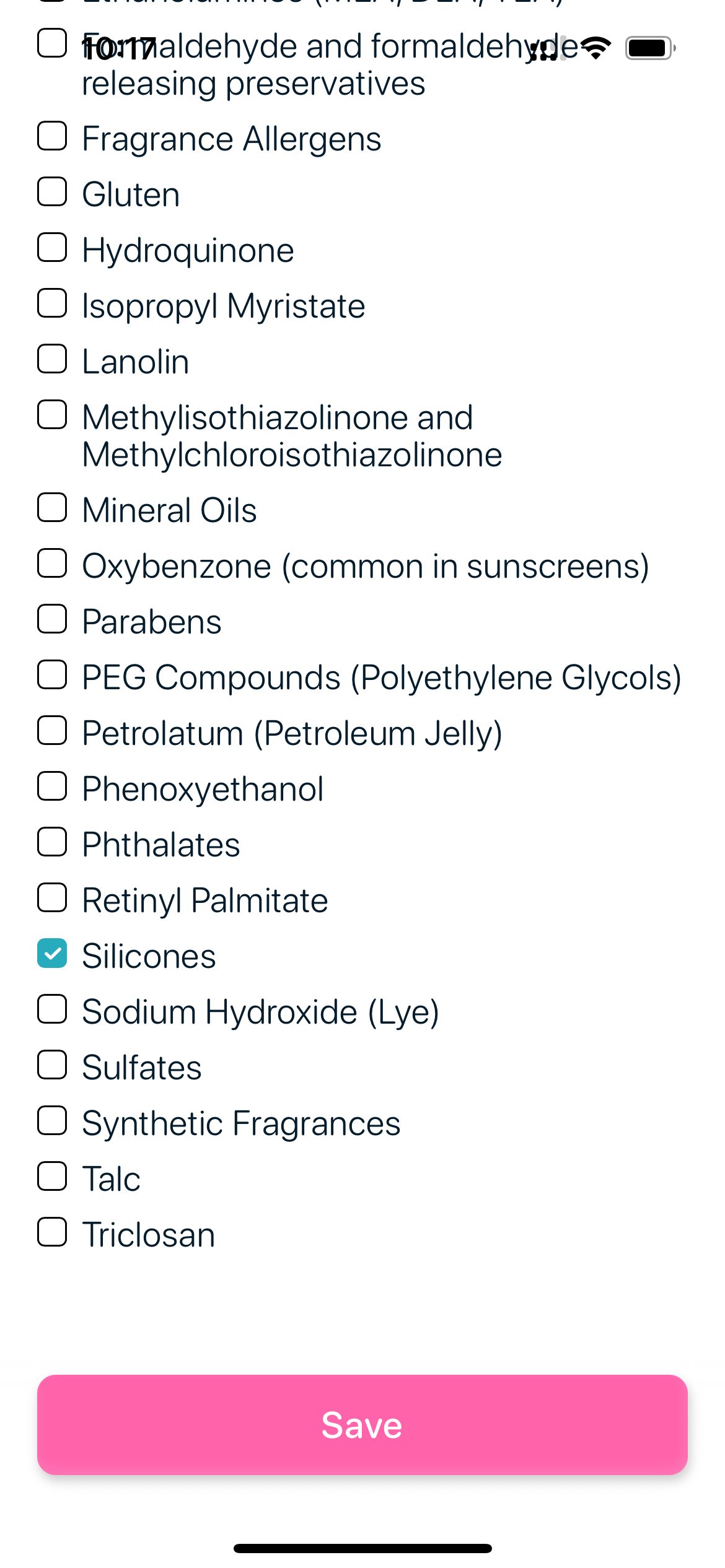
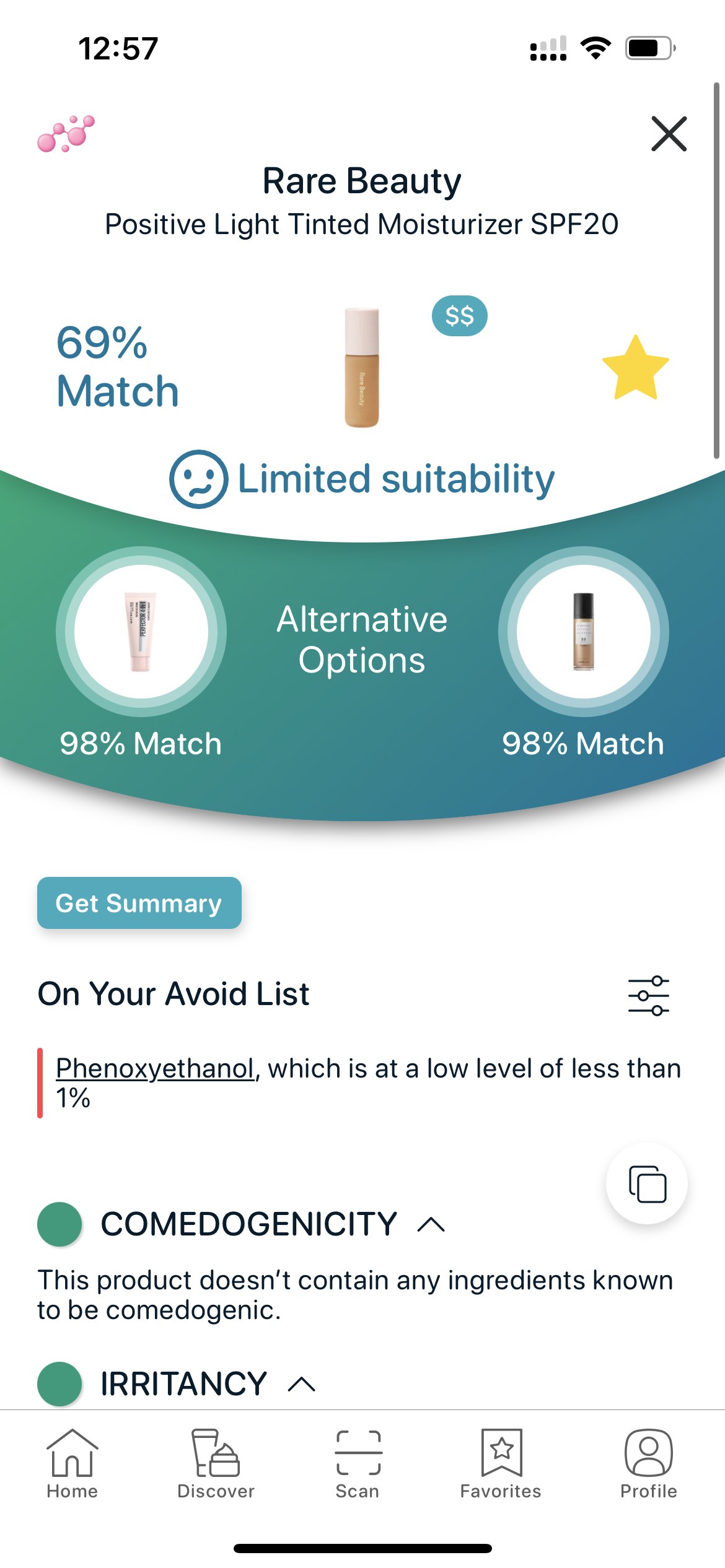
Try SkinBuddy to find out what works for your skin, and what doesn’t.
Scan your skincare, avoid pore-clogging or irritating ingredients, and discover smarter product matches. Open the web app or download the mobile app to get started.
or
Check Products OnlineCheck if your skincare suits your skin type, sensitivity, or acne-prone needs at skinbuddy.app and discover better options that match your routine and goals. SkinBuddy makes it easy, fast, and science-backed.
Scan to get started:

Web App (mobile only)

App Store & Google Play
FAQs About Dimethicone
-
Is dimethicone safe for acne-prone skin?
Yes, when used with proper cleansing. -
Is dimethicone natural?
No—it’s synthetic but widely approved for cosmetic use. -
Can I use it if I have eczema or rosacea?
Yes—dimethicone is often used to soothe and protect compromised skin. -
Does dimethicone clog pores?
Not directly, but it can trap other pore-clogging ingredients if layered poorly.
Final Thoughts
Dimethicone is not the enemy—it’s a highly effective skincare ingredient when used correctly. It seals in moisture, reduces irritation, and enhances product performance.
Want to avoid it entirely? Or use it more effectively?
👉 Download the SkinBuddy app and take control of your skincare routine with ingredient-level insights.



